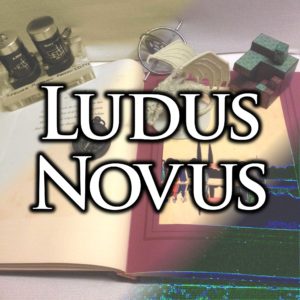Yesterday, Richard Terrell at Critical-Gaming posted about the genius of slowdown. In the post, he discusses the slowing down some games display in complex scenes due to hardware limitations. Terrell writes:
The benefits for the slower gameplay are the same as with bullet time. When the game is slowed down, the player has additional time to process and analyze the game. But unlike bullet time, the amount of slowdown that occurs is directly proportional to the amount of in game “chaos” on screen. Like the smart slow-mo from Perfect Dark that activates when two players in a multiplayer match move within a certain proximity of each other, slowdown makes the game time relative to action and position.
Slowdown like Terrell describes was far more common on older consoles of the SNES era or earlier. Typically, when a large number of enemies or other sprites were on the screen at once, the game itself would slow down as the console churned to keep up with the graphics. Examples are the slowdown that occurred in some Zelda games when healing fairies filled the screen with a ring of hearts, or the lag that happened in early Megaman games when there were more than a handful of enemies and projectiles visible. As Terrell points out, these slowdowns aren’t just unintended errors. They connect the player to the medium, in a similar way to the oddities in Mark Z. Danielewski’s book House of Leaves connect its readers to the medium of the book.

